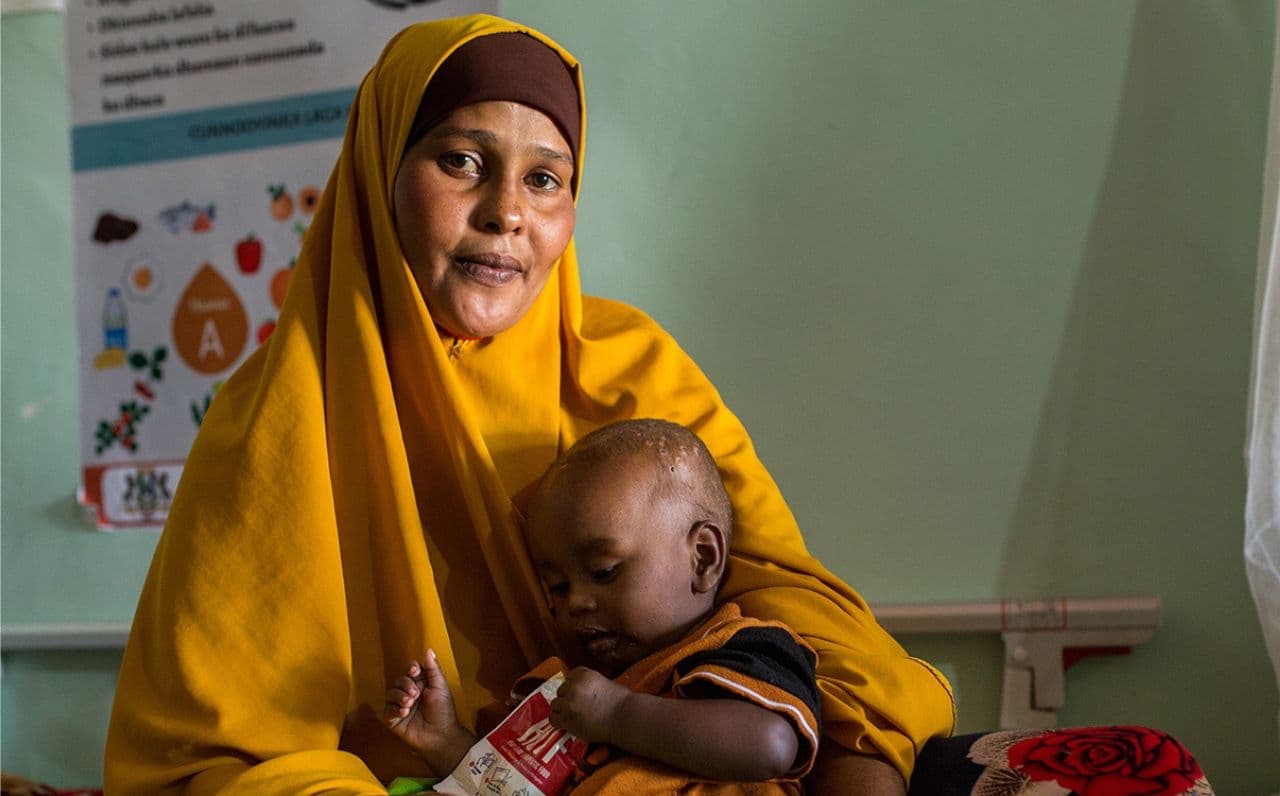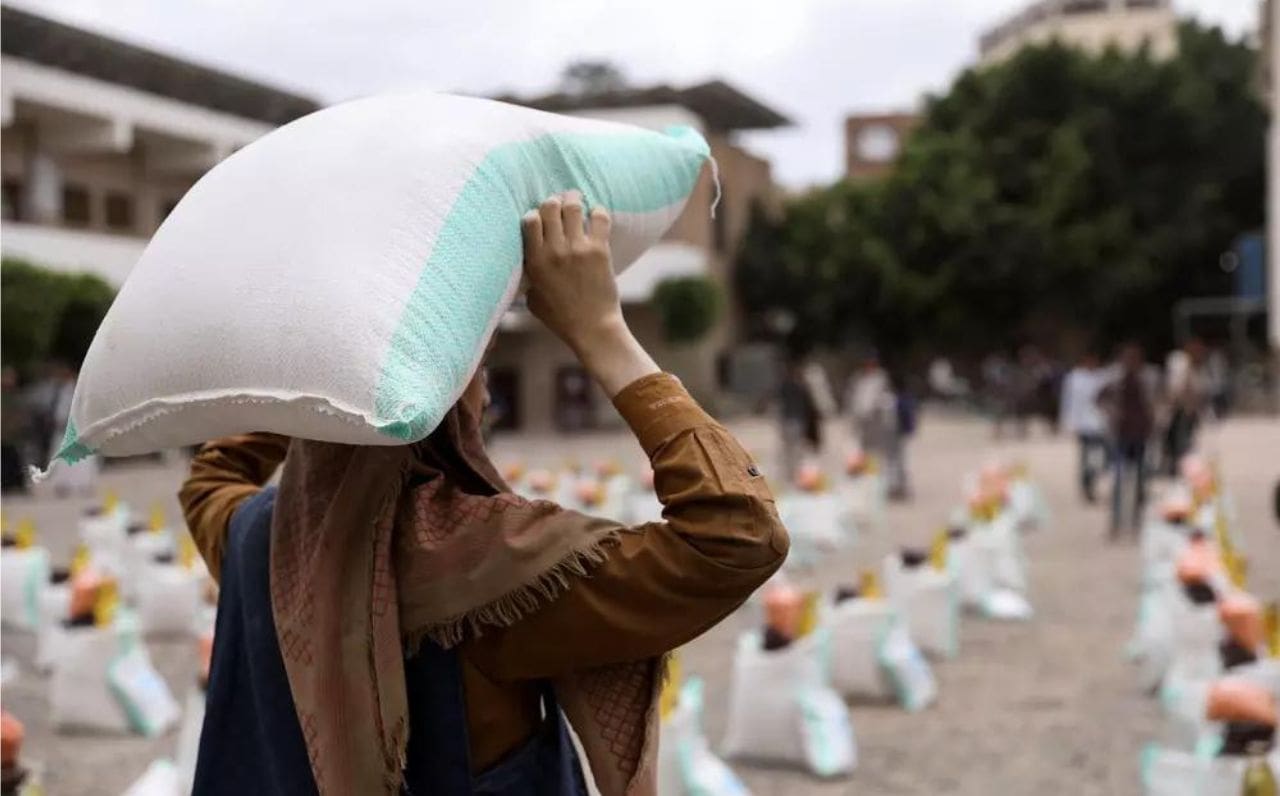The problems of the Middle East
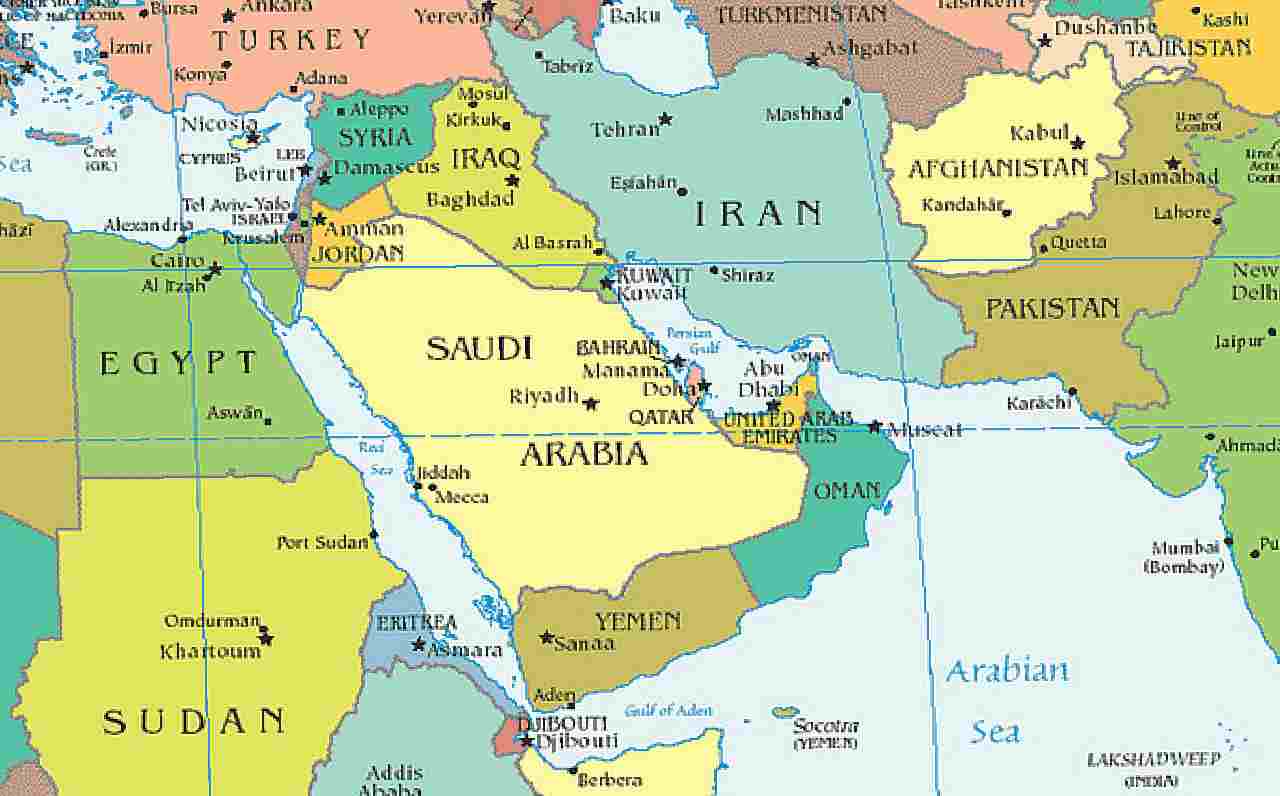
Despite a year out of the global spotlight, millions remain in need.
Even though the devastating effects of fighting in the Middle East do not hit the headlines as often as in the past, the humanitarian consequences of years of conflict still must be addressed, most notably in Yemen and Syria. And even in Iraq, the effects of conflict still reverberate.
First, on the issue of Yemen, now in its seventh year of conflict: All basic services are down, and the amount of humanitarian needs has reached catastrophic levels. 80 percent of the population – 24 million people – need some sort of assistance. Two thirds of all districts are pre-famine.
An estimated 40,000 people in Ma'reb and more than 10,000 in Hodeida have been forced to leave their homes since September in search of safety. Military operations along several front lines threaten the lives and livelihoods of civilians as well as access to water, food, healthcare, and education.
Healthcare across the country has been hit particularly hard by the protracted conflict and is now further strained in both Ma'reb and Hodeida. Many hospitals and health centers lack staff, drugs, and other supplies, leaving them unable to cope with conflict casualties as well as basic healthcare needs.
Syria is now in its 11th year of conflict, one that continues to cause pain, loss, and turmoil in the lives of families across the country. Displaced persons are in a particularly difficult situation this time of year as temperatures drop to near freezing, adding to their already vulnerable conditions in the camps.
Children in detention should be either reunited with their families in camps, repatriated alongside them, or have alternative care arrangements made for them. Seriously ill people should be given priority for repatriation.
And family unity should be the norm during repatriations. Keeping families together is usually in the child's best interest and is what international law requires unless otherwise justified by a rigorous assessment.
Source & credit: ISRC
Middle east

2021 Dec 22
Africa

2024 May 10
International, Americas

2024 Apr 16
Increasing Arrests and Faceless Victims Revealed in Latest Findings.
Middle east

2024 Feb 23
Escalating Hostilities Prompt International Concern
Africa

2024 Feb 20
SimilarNews
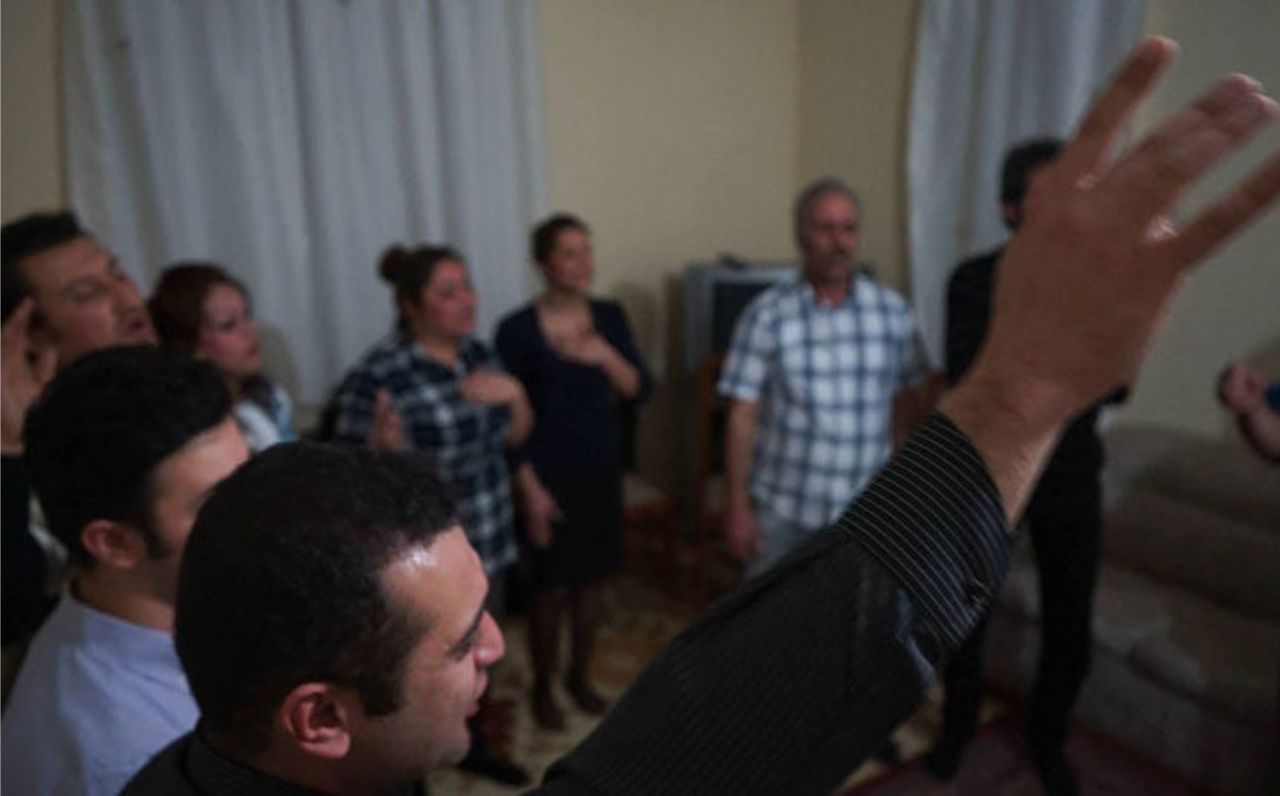 Report Highlights Rights Violations Against Christians in Iran
Report Highlights Rights Violations Against Christians in Iran Increasing Arrests and Faceless Victims Revealed in Latest Findings.
Middle east

2024 Feb 23
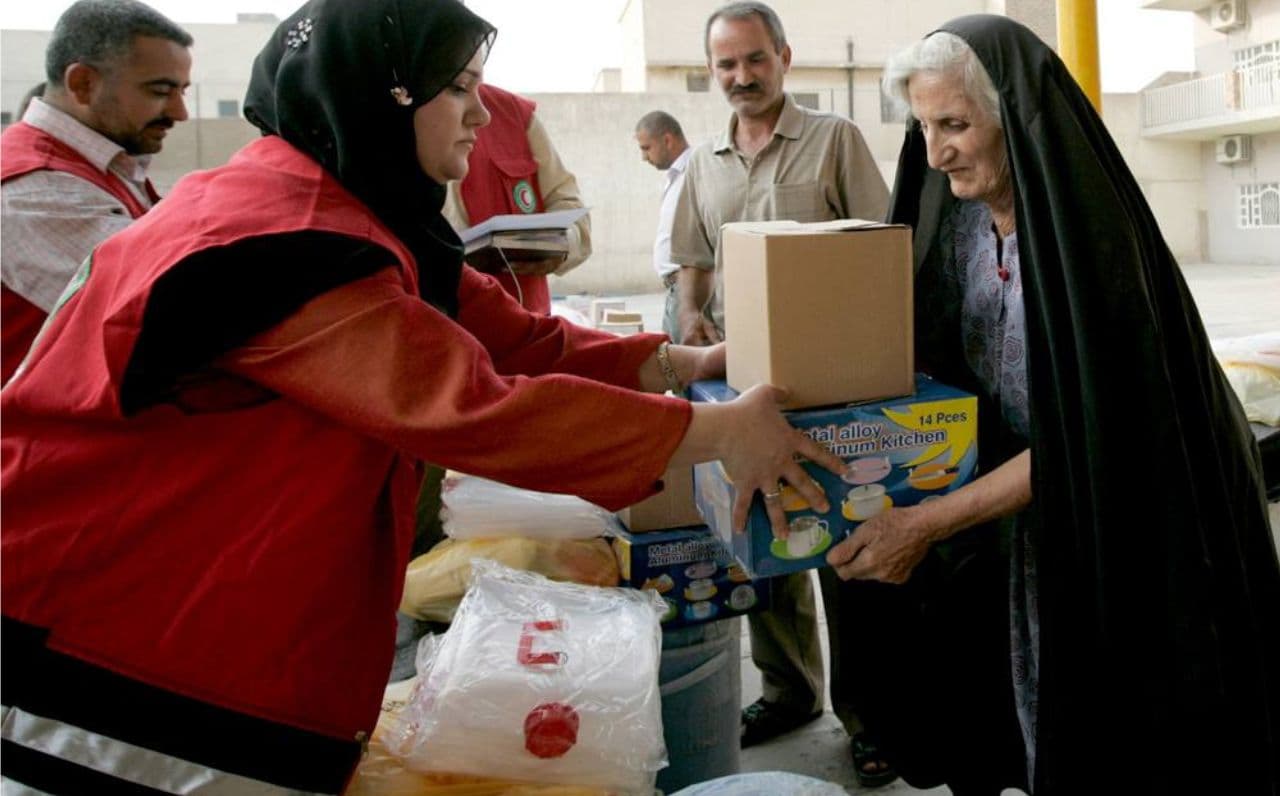 Coalition Strengthens Aid Efforts for Displaced Christians in Iraq
Coalition Strengthens Aid Efforts for Displaced Christians in Iraq Uniting to Provide Crucial Assistance Amid Ongoing Challenges.
Middle east

2024 Feb 19
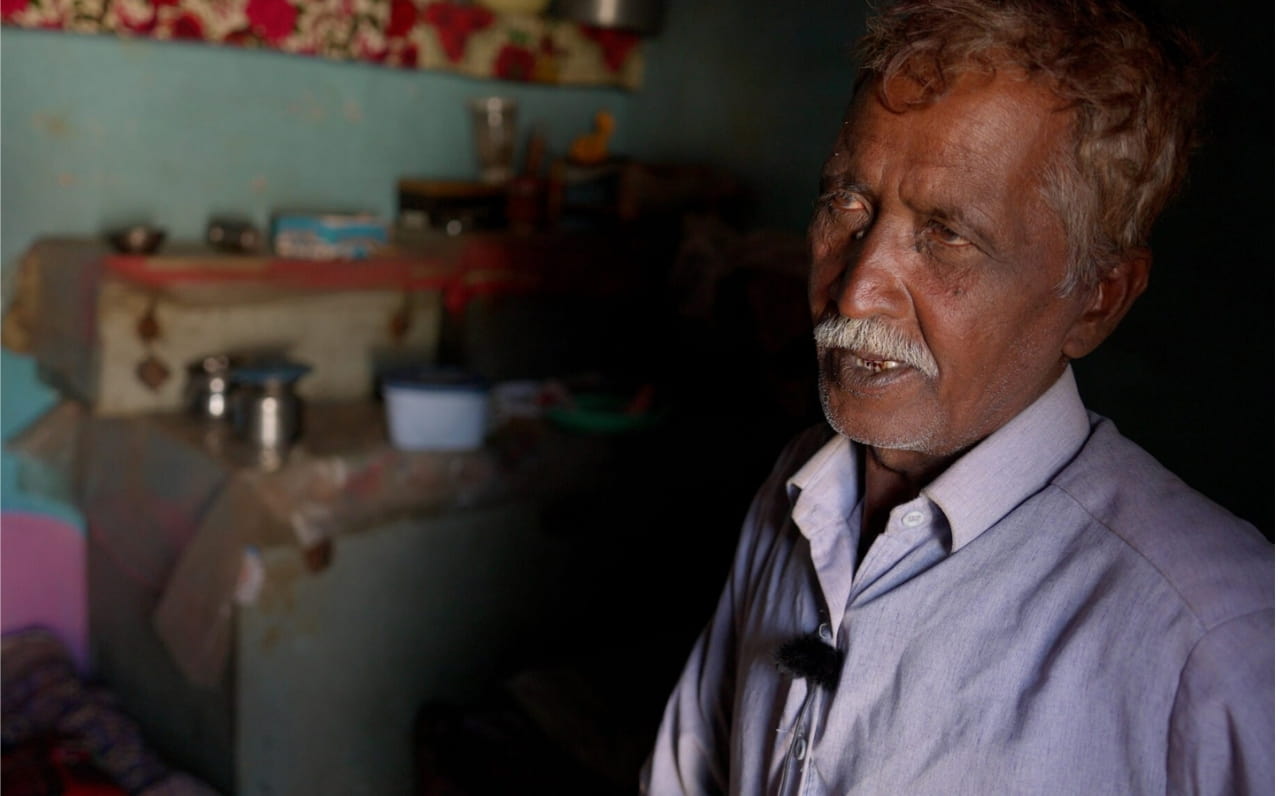 The Chains of Forced Labor and Persecution
The Chains of Forced Labor and Persecution Slavery Grips Pakistan's Christian Minority.
Middle east

2024 Jan 27
Concerns about the detrimental impact on civilians and IDPs.
Middle east

2024 Jan 26
Increasing deportation of Afghan immigrants from Iran and Pakistan.
Middle east

2023 Dec 02
